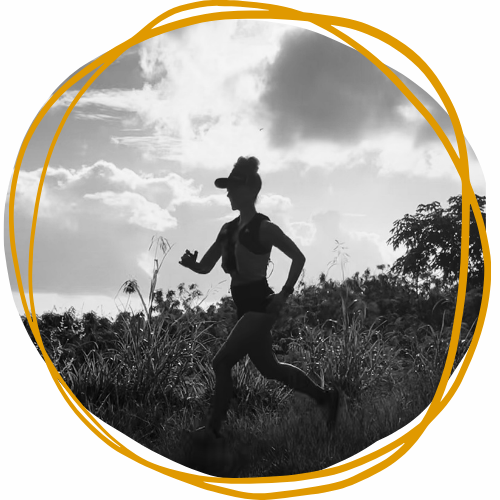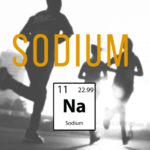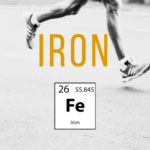Zinc and Running – Why You Should Care.
There is a strong correlation between suboptimal levels of zinc and running. Through various mechanisms, intense exercise lowers zinc levels in your body. Even up to 90% of athletes are believed to have suboptimal levels of zinc, which can cause serious health problems as well as a decrease in running performance.
Zinc is the second most abundant trace metal in the human body after iron. The highest concentration of zinc in our body can be found in skeletal muscles, and this is a tissue that suffers the biggest consequences of zinc deficiency.
Read more to find out just how important zinc is for runners. And for all the science and physiology geeks out there, here is a scientific review I based this post on.
Zinc and Exercise-Induced Oxidative Stress.
When you run, your body experiences increased oxidative stress, which can negatively affect your performance by causing muscle injury and damaging the membranes of your red blood cells.
Zinc, acting as an antioxidant, counteracts these negative changes by inhibiting free radical production and decreasing muscle exhaustion. This ultimately helps you maintain optimal athletic performance.
Zinc and Cell Energy Production.
Zinc deficiency reduces the activity of an enzyme called lactate dehydrogenase, which catalyzes the conversion of lactate to pyruvate. This reaction is a part of the Cori cycle, which is responsible for energy production during anaerobic activity.
This means that zinc deficiency can hinder the conversion of carbohydrates into energy during your run.
Zinc and Muscle Function.
Even if you don’t consume enough zinc, your body will prioritize muscle tissue and pull zinc out of the bones, so the concentration of zinc in your muscles stays unchanged. However, zinc deficiency still negatively impacts muscle function. It’s been proven that zinc deficiency can decrease the total work capacity of your muscles.
Zinc plays a crucial role in building proteins, and you need it to build, repair, and recover your muscles after running.
Moreover, reduced lactate dehydrogenase enzyme activity due to zinc deficiency leads to lactic acid accumulation in your muscles. This causes increased muscle fatigue and reduced muscle performance.
Zinc and VO2 Max in Runners.
VO2 Max is a measure of how much oxygen your body is able to use during exercise, and is commonly used as a measure of physical fitness.
Interestingly, a study conducted on 14 fit and healthy men showed, that 6 weeks of a diet deficient in zinc can lower one’s VO2 Max. This indicates that zinc deficiency actually makes you less fit.

How much Zinc do Runners Need?
Your body doesn’t have a way to store zinc, so it relies on a constant, adequate daily intake.
Runners lose substantial amounts of zinc during exercise and generally don’t include enough zinc-rich foods in their diets. This is especially true for athletes on high-carbohydrate diets, during periods of carb-loading, etc.
The intake of zinc for runners should be around 11 mg per day for men and 8 mg for women. Plant-based athletes should try to get more than that, as zinc from plants is less bioavailable.
Zinc Deficiency Testing and Supplementation.
Unfortunately, blood test results are unreliable for diagnosing zinc deficiency. To find out if you’re deficient, you should discuss your symptoms with a healthcare professional, start taking a zinc supplement, and see if the symptoms improve.
If you do decide to go this route, remember to always supplement zinc together with copper, otherwise, you risk developing a copper deficiency. And keep in mind that there is no evidence that more is better – all you need is optimal zinc levels.

Zinc-Rich Foods For Runners.
To avoid zinc deficiency, include zinc-rich foods in your everyday diet.
Zinc-rich foods:
- Nuts and seeds, especially pumpkin seeds, hemp seeds, cashews, almonds;
- Seafood, especially oysters, crab, and shrimp;
- Oats;
- Legumes such as chickpeas, lentils, and beans;
- Dairy;
- Meat.





0 Comments